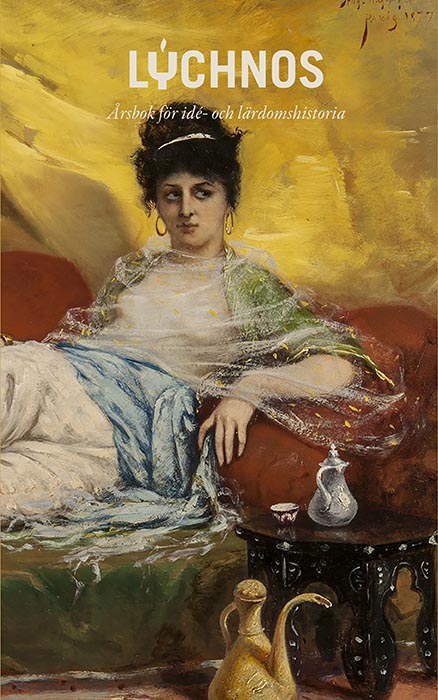The thymus controversy
Elis Sandberg and the controversial cancer drug THX in Sweden 1952–1989
Keywords:
controversial science, patient advocacy, history of medicine, Swedish welfare state, science and technology studiesAbstract
This article explores the controversy surrounding Swedish veterinary Elis Sandberg and the alternative cancer drug THX from the early 1950’s up until Sandberg’s death in 1989. THX was an extract for injection made from calves’ thymus glands, as Sandberg − contrary to the medical community − was convinced that the thymus gland was an important agent in the body’s defense against cancer. The aim of the article is to outline the key themes and turning points of the conflict, but also to explain how and why it erupted and continued for decades. The controversy is examined in connection to a broad range of contexts, such as conventional medicine, health care policies, medical jurisdiction and political change. Thereby, the article shows how a lack of legislation on pharmaceutical trials, government attempts to delegitimize alternative medicine, a reformed health care system and a group of cancer patients in desperate need of effective treatment, created a cultural and structural space for THX. Further, it is discussed how early attempts at closing the controversy using scientific arguments failed, and later ones created public outcry, resonating with the growing critique of medicine and authorities in general in the 1960’s and 1970’s. Analytically, special attention is paid to the roles and changing meanings assigned to patients during the course of the controversy. It is suggested that the closure of the conflict may, at least in part, have been due to an increasing cultural relevance of patients as advocates for individual choice in medical treatment in the 1980’s.
Downloads
Published
Issue
Section
License
This work is licensed under a Creative Commons Attribution 4.0 International License. The copyright for the work published in Lychnos remains with the authors.


